THEY WHO DARE (1954)
During WWII, a small group of British commandos lands on a Nazi-occupied Greek island...
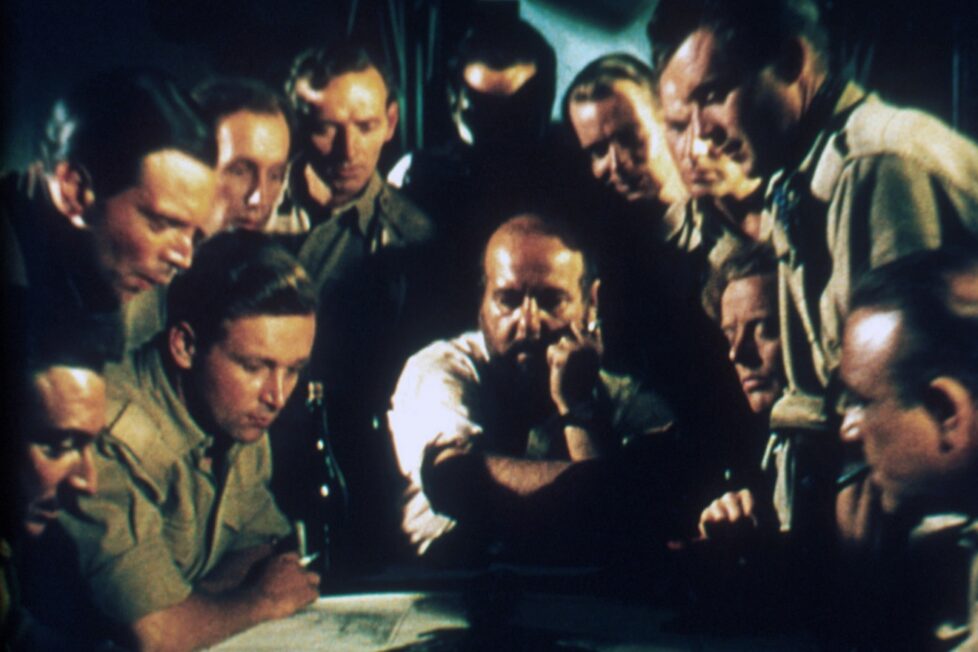
During WWII, a small group of British commandos lands on a Nazi-occupied Greek island...


Like the American-Japanese struggle for the Philippines, the conflict in Greece is a corner of World War II history which has received less attention from filmmakers than it deserves, despite so much rich potential for storytelling. The Guns of Navarone (1961) is the best-known movie covering this theatre of the war; and compared to that film, certainly, Lewis Milestone’s They Who Dare has sunk almost without trace.
That makes its re-issue in StudioCanal’s Vintage Classics collection so welcome—largely for historical interest, but the film itself has virtues too. Although They Who Dare wasn’t a critical or commercial success, Dirk Bogarde’s performance in the lead role is still powerful, for example. And although Milestone (nearing the end of his career) provides a more conventional and unquestioning war film than his legendary All Quiet on the Western Front (1930)—the movie this one most obviously resembles is The Cockleshell Heroes (1955) from the following year—there are many individually effective sections.
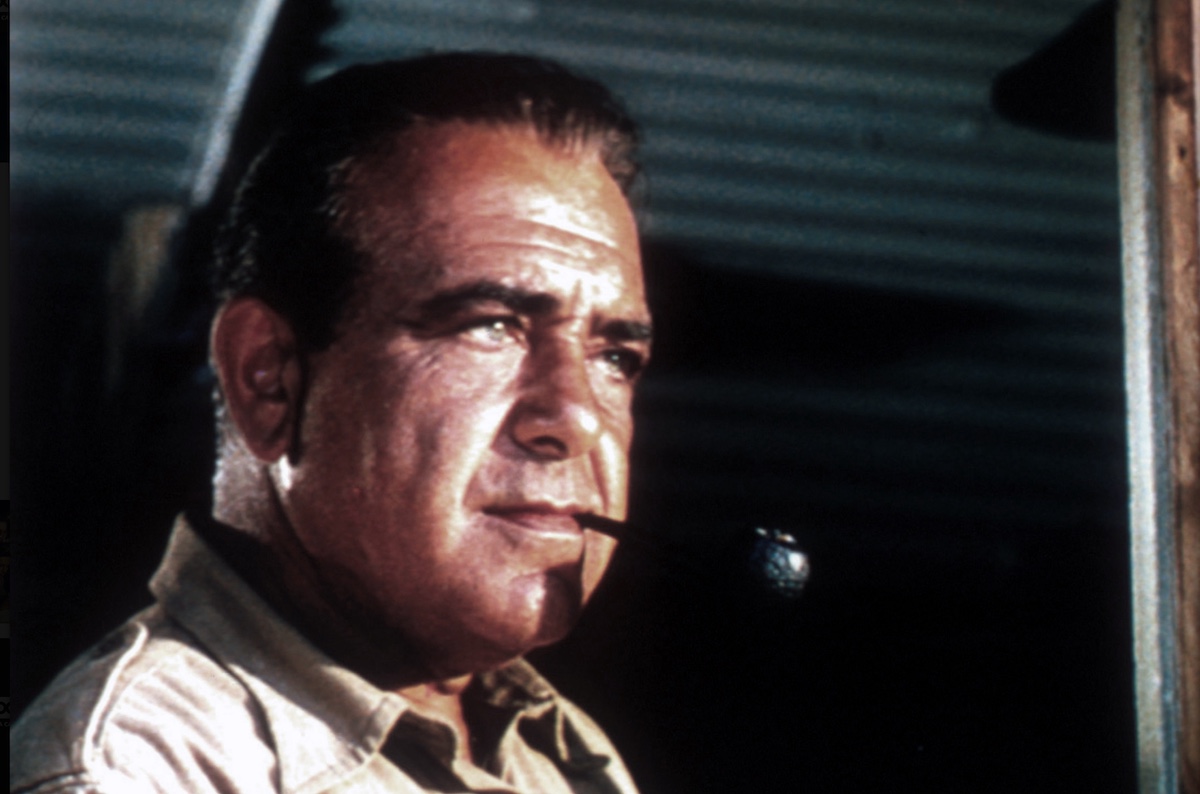
They Who Dare begins in Cairo, with British Lieutenant Graham (Bogarde) at a nightclub, exulting in the news he has a mission to lead: a “small-scale raid” on a Greek island. “Small-scale” turns out to mean ten Allies against some 30,000 Germans and Italians.
The small force of Brits and Greeks is to be landed covertly by a Greek submarine on the occupied island of Rhodes, trek across a bone-dry mountain range, and then split into two groups, each of which will sabotage one of the Luftwaffe airfields that have been threatening British troops in North Africa. They’ll then have to cross the island again to rendezvous with the sub and return to base. It’s a risky mission. “I won’t be so crowded coming home,” predicts the sub’s skipper, Captain Papadopoulos (Eric Pohlmann).
The story is a largely accurate depiction of Operation Anglo in 1942, based on the accounts of survivors and true in much of its detail, although the actual operation took more than two weeks rather than the few days that They Who Dare suggests. It was conducted by members of the Special Boat Section, the predecessor of today’s Special Boat Service (SBS), the less famous cousin of the Special Air Service (SAS).
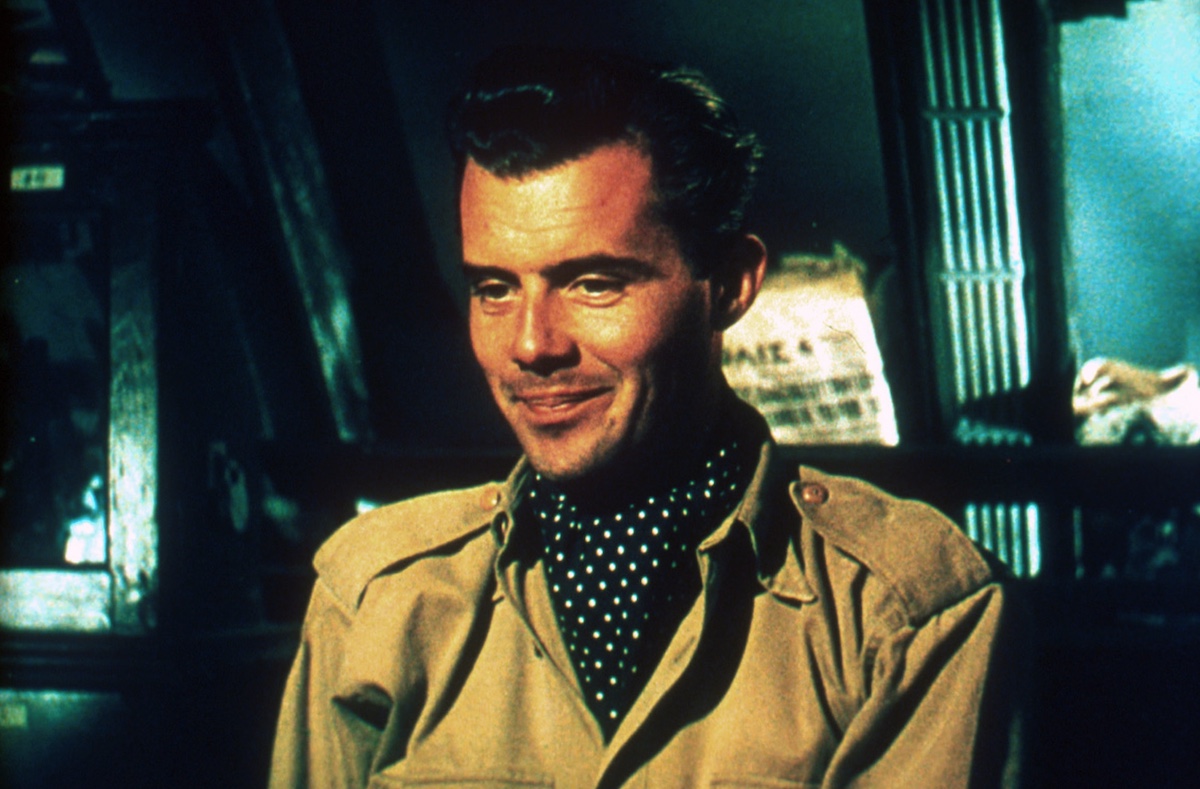
They Who Dare doesn’t entirely avoid melodrama—ominous red wine spilt on a map at a pre-mission briefing, for example, or some of the later arguments between Bogarde’s Graham and his number two Sergeant Corcoran (Denholm Elliott)—but from early on in the film, there are many scenes where both the writing and Milestone’s direction command attention. The editing is skilful too. For example, a cut from Papadopoulos laughing at the dinner table to a shot of his sub’s periscope hovering above sinisterly empty blue water.
There’s tension before surfacing in the submarine and later as the commandos plant bombs on German planes. And there are surprises, like when a goat strays into a minefield, plus cleverly mounted scenes like when a young Greek goatherd hides the Brits behind his flock.
Less engaging, however, is the tiresome and rather mean-spirited treatment of the Greeks, in a film notable for the absence of actual Greek actors. Papadopoulos is a comedy figure (although to be fair there is a comedy Welshman in the contingent as well), and most of his countrymen spend much of their time laughing inanely or scowling. There’s a reference to “stupid foreigners” and another to them being “all the same, either in a panic or talking about l’amour“.
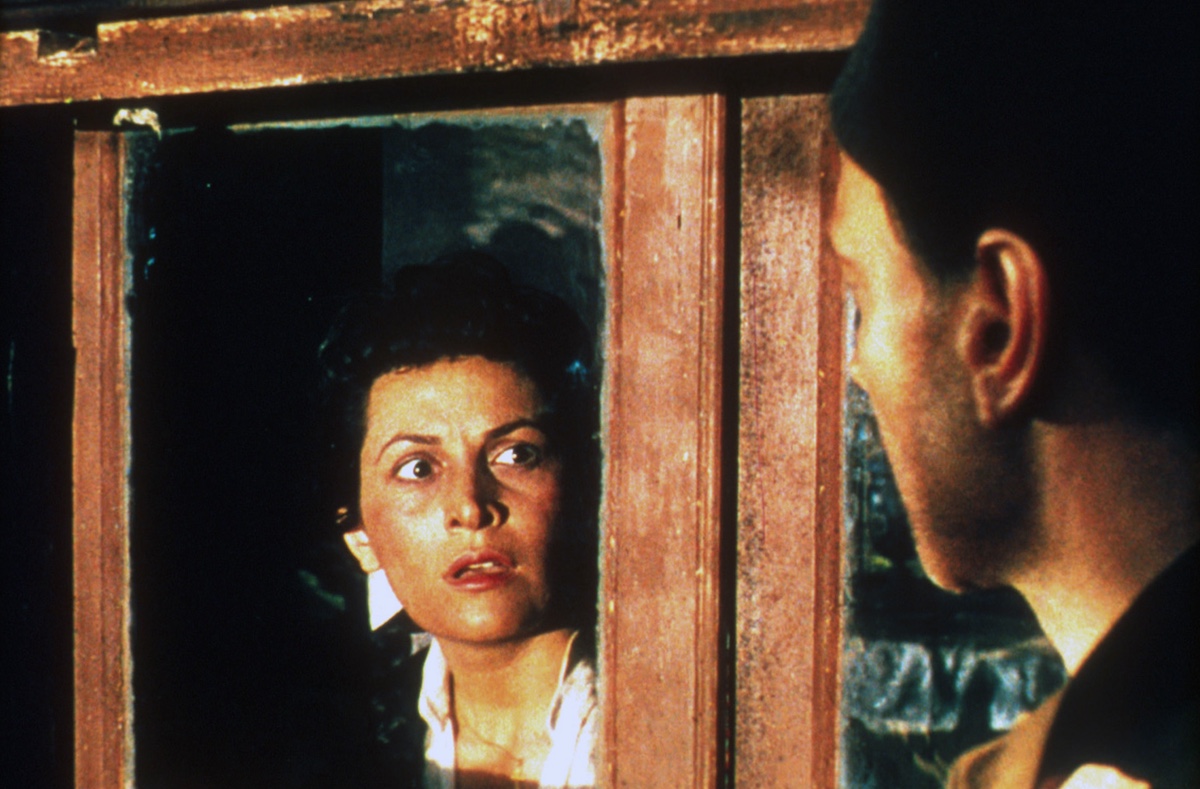
For once, the 2022 warning of “outdated or offensive attitudes” before the movie seems justified, especially given the Greeks had been courageous allies in a war that had ended less than a decade before, and indeed in this very operation. It’s true that eventually the locals are shown as (partially) saving the day and averting abandonment of the mission, so the intention of Milestone and screenwriter Robert Westerby may have been to contrast their positive contribution with the dismissive assumptions of the British, but if so the point isn’t quite clear enough.
Characterisations are fairly desultory, with only Bogarde’s Graham and Elliott’s Corcoran rising much above stereotype. But Bogarde, at least, comes across as an intriguing, self-doubting or even self-loathing man, speaking of “the ugly truth about myself” and clearly not secure in his leadership position despite his outwardly gung-ho attitude; the actor conveys the officer’s youth and his temper well, while Elliott provides dramatically necessary contrast as the more placid and assured sergeant.
The rest of the Brits are familiar war-film stand-bys, while the Germans are rarely shown other than in semi-darkness or silhouette, stifling any engagement with them as characters and keeping our focus on the raiders.
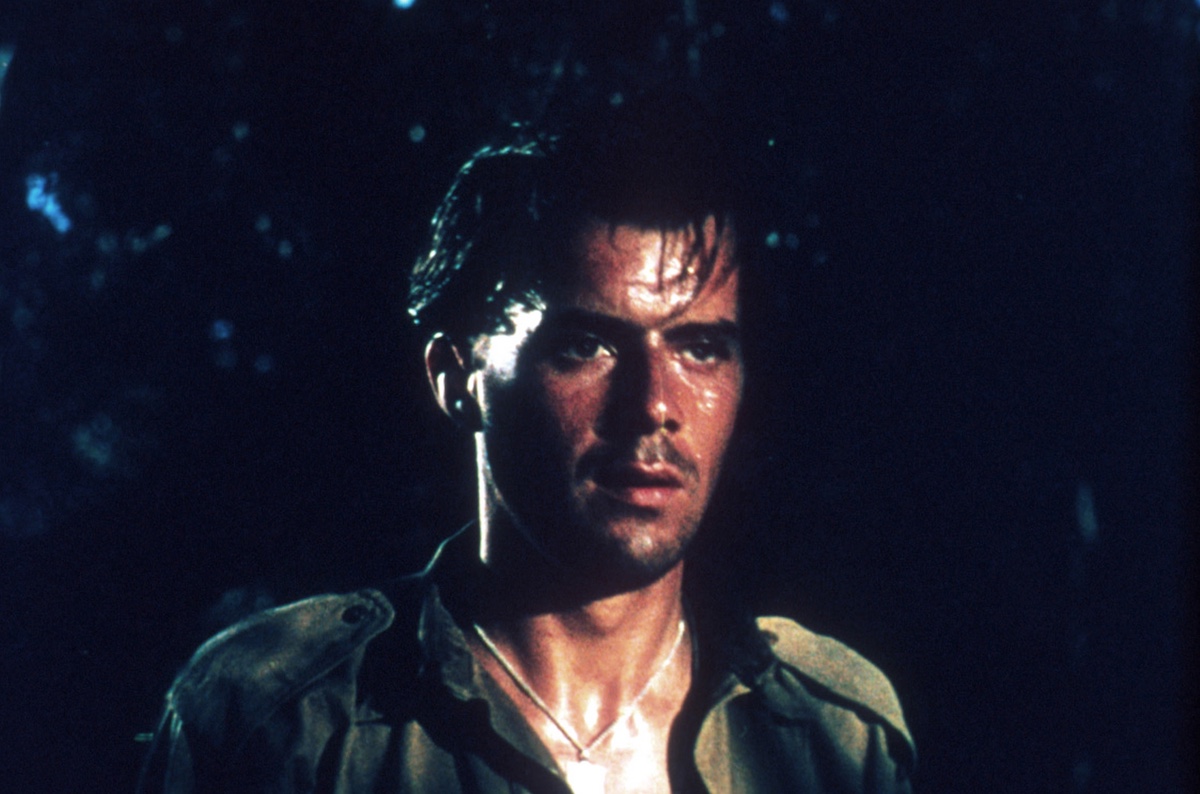
Like the performances, Robert Gill’s score is mixed in quality, sometimes resorting to the most obvious word-painting (descending notes as a man climbs down a rock, something close to “glug-glug” as the submarine dives). But there is an attractive lyrical passage for the march through the mountains, and later an uneasily suspenseful motif creeping up and down the scale which works very well.
They Who Dare is, in many respects, only an average contribution to British cinema’s celebratory retelling of WWII during the years that immediately followed. Its real strengths are undermined just enough by less satisfying elements that, if it were about a more frequently treated aspect of the war (for example the Royal Air Force), it would probably deserve to be consigned to obscurity.
Indeed, the paucity of extras on this StudioCanal released may reflect a lack of critical interest or the fact there’s simply not much to say about a film of relatively limited ambition and depth. Still, even if it’s never going to take a place alongside the classics, They Who Dare has enough value as a rare cinematic treatment of British special forces to warrant attention from aficionados of the genre—as well as a noteworthy performance from a young Bogarde, and an inherently dramatic story straightforwardly told.
UK | 1954 | 107 MINUTES | 1.37:1 | COLOUR | ENGLISH


director: Lewis Milestone.
writer: Robert Westerby.
starring: Dirk Bogarde, Denholm Elliott & Akim Tamiroff.
